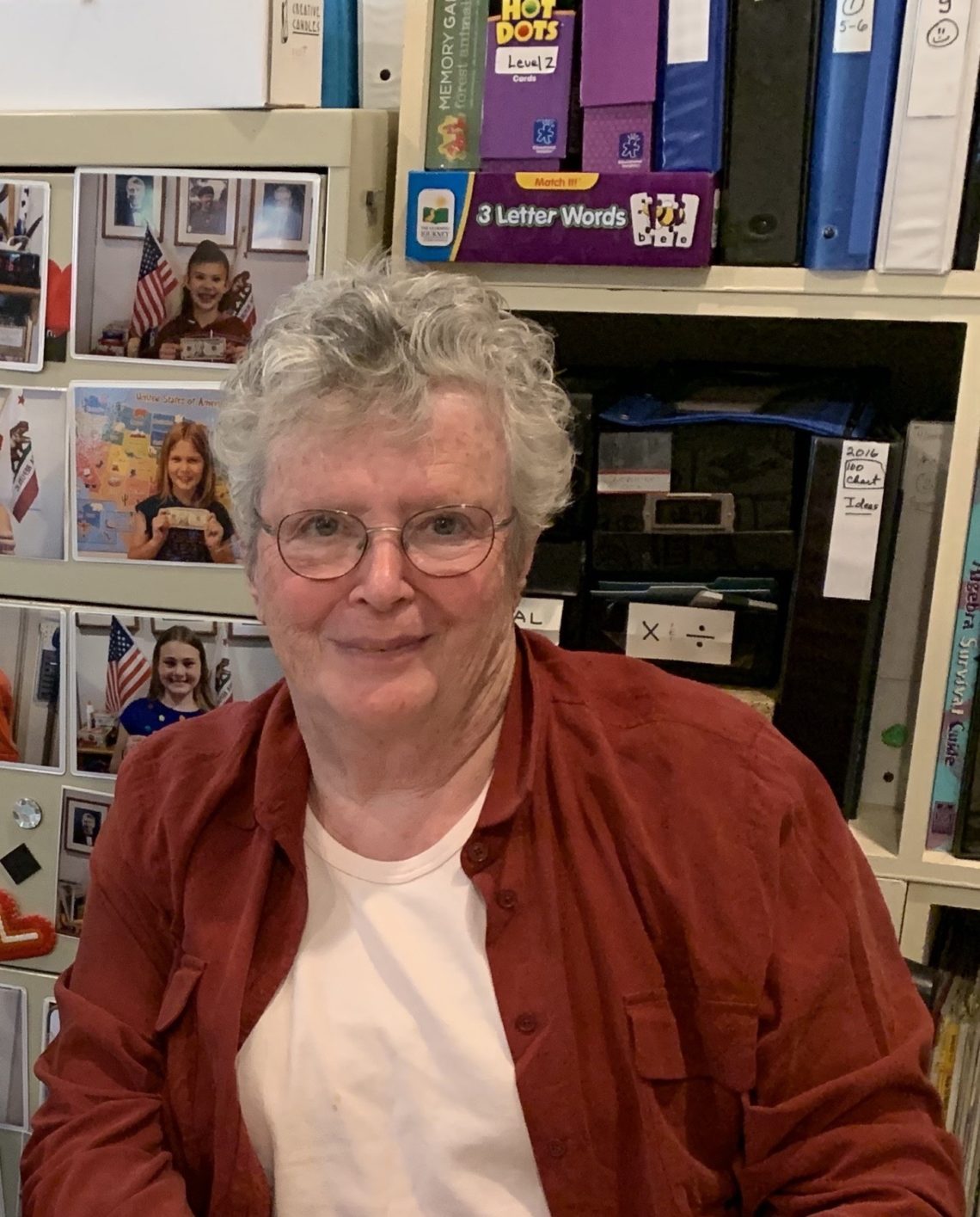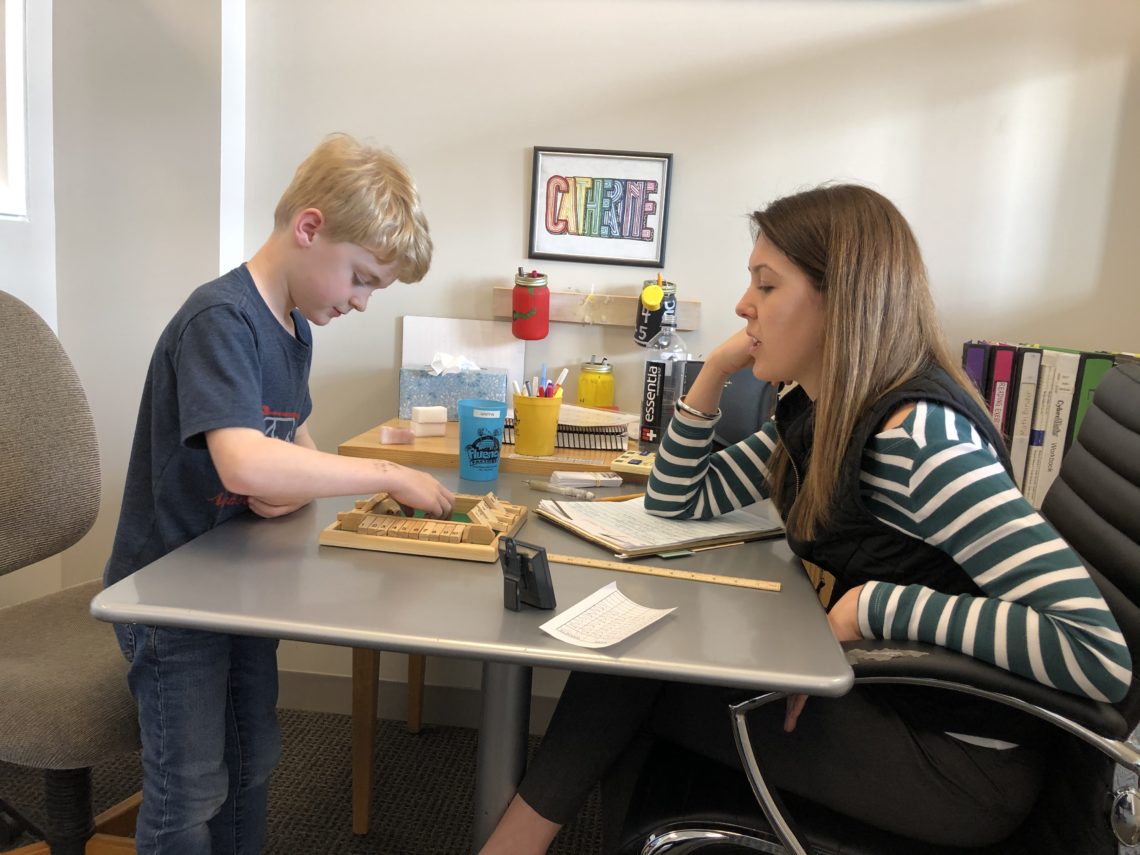There are increasingly wonderful pieces now on the web about reading instruction. Each of them possess strong and thoughtful ideas about how to teach reading down to the tiny elements that make it work. This is an enormous improvement over the previous “mysterious and magical” way that teachers thought children learned to read. “Give the child an authentic text and she/he will automatically LEARN” was a dangerous and widely believed poison that harmed almost half of our children. Now we know about all these elements that function as the critical pieces of learning to read. But most of the materials out there, while frequently citing the importance of fluency, do…
-
- Balanced Literacy, Decoding, Dyslexia, Ed School, Fluency, Learning Disabilities, NAEP, Phonemic Awareness, Phonics, Precision Teaching, Reading Instruction, Reading Wars, Science of Reading, Teacher Training, Whole Language
The Special Education Bubble
The reading world was recently rocked by an article from esteemed reporter, Emily Hanford. The longtime maven of whole language, Lucy Calkins, admitted she needed to change her Units of Study after decades of context clues, guessing at words, picture walks, and dismissing the science of reading. Of course, Calkins promptly responded with a statement that essentially tried to take credit for always being a phonics-minded practitioner (despite a great deal of evidence to the contrary). When you look at the latest NAEP data, the influence of decades of whole language-oriented instruction being the dominant pedagogy in the United States is readily apparent. According to this new data, roughly 63%…
- Decoding, Dyslexia, Fluency, Learning Disabilities, Lucy Calkins, Phonemic Awareness, Phonics, Precision Teaching, Reading Instruction, Reading Workshop, Science of Reading, Teacher Training, Three Cueing System, Whole Language
A Child is Not a Mollusk
In some sense, without evidence-based instruction, a child could be more like a mollusk in that they will withdraw from the learning process and build a shell to protect themselves from the emotional anguish of feeling less-than in the classroom.
-
Forget Sourdough Bread – My Pandemic Project is Precision Teaching!
Some learned to bake sourdough bread. Some took on home improvement projects. However, when it came time for me to choose a pandemic project, I decided to be a precision teacher. Unfortunately, it is not Instagram friendly, so I will simply write about it. Let me introduce myself. I am a seasoned teacher with thirteen years in the NYC public school system with licenses in French and ESL. In fact, according to the NYC ratings system devised by the infamous Charlotte Danielson, I am even considered a highly effective teacher. I have also had skin in the game long enough to watch the DOE follow many fads, particularly the fad of big data.…
- Decoding, Dyslexia, Fluency, Learning Disabilities, Phonemic Awareness, Phonics, Precision Teaching, Reading Instruction, Science of Reading, Teacher Training, Uncategorized, Whole Language
Of Fluency and Fritters
t’s been clear for a long time that something is very wrong with the way reading is taught, but if we genuinely want things to change, we need to take a hard look at what actually works—and building fluency beyond a doubt does so. We owe it to students to get this right: their success in high school and beyond depends on it.
-
The Sorceress
Elizabeth Haughton sent Jean Tucker to me. She told Jean that I could teach her to chart her student’s performance on the Standard Celeration Chart, and Jean came down to Hingham from Exeter, NH and spent a day with me learning to chart. She found it confusing and frustrating at first, but quickly got the hang of it. Jean was and continues to be the most knowledgeable and inquisitive language and reading expert I have ever met, and that meeting was the beginning of an important friendship. Jean was happy to learn to chart and went back to her learning center in Exeter and made Precision Teaching a part of…
-
The Learning Metric
Charting—Navigating Life Changes and Learning Part 1 We know when we get in a car and step on the accelerator that we are moving—we can see the instruments and feel the acceleration. But when we send our child to school we don’t have that same experience. We don’t always know what is happening, and there are no immediate updates. But there could be! What if there was a way to see whether a person is learning—learning to a high level—while the process is going on. What if this instrument for navigating education were simple, accessible and transparent? What if this instrument made it possible to gauge human performance at every…
-
Building a Learning Momentum
I have been strongly influenced by several behavioral scientists over the years; Murray Sidman, Ogden Lindsley and Tony Nevin, along with my personal guru, Eric Haughton. These researchers helped me better understand the critical nature of positive reinforcement immediately linked to a behavior. Because reinforcement is so critical, and because the absence of it in early school experiences is so damaging, I am writing this column. My daughter Caitlin was one of the youngsters who had an early bad experience at school. By the beginning of October in first grade Caitlin had stomachaches five days a week, but woke up without pain on Saturday and Sunday. Her face showed the…
-
The Master of Learning
In 2000 the National Reading Panel (NRP) published their findings—a thorough piece of research on the issues of reading instruction in the USA. The findings are interesting reading, and of course, twenty years later, the changes that the panel recommended have been never been fully implemented. The Panel recommended Phonics, Fluency, Phonemic Awareness, and Comprehension as essential elements. Most reading programs now say they offer fluency in their systems and that they offer all of the critical elements. Now, as the reading wars heat up again, whole language systems are making the dubious claim that they offer everything that the NRP recommended. Of course, long before the NRP recommended fluency,…







